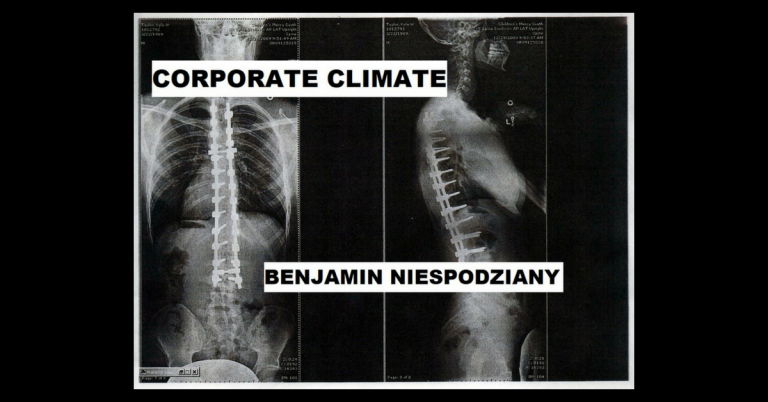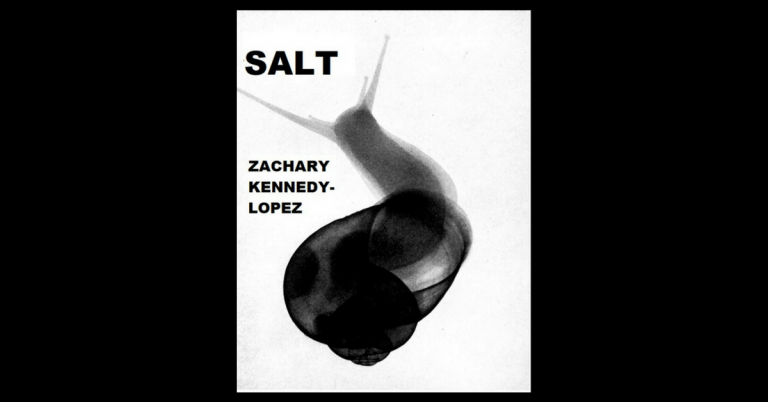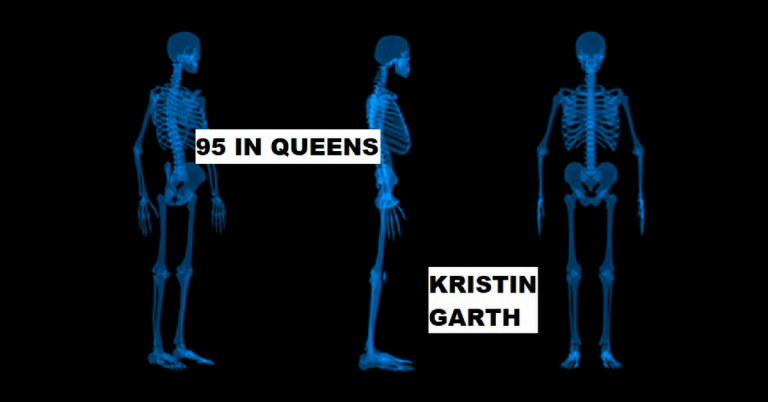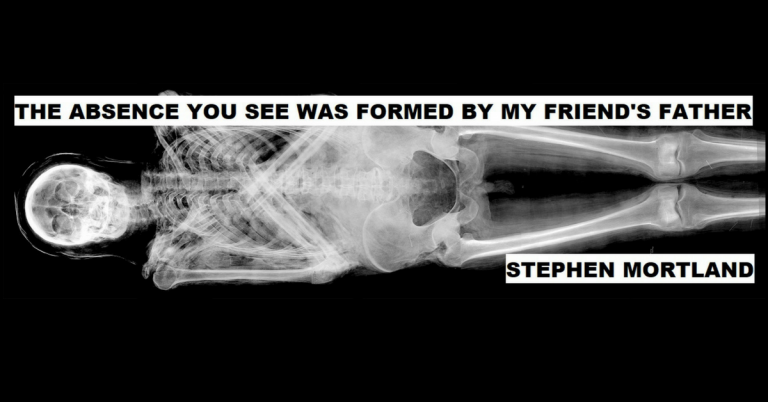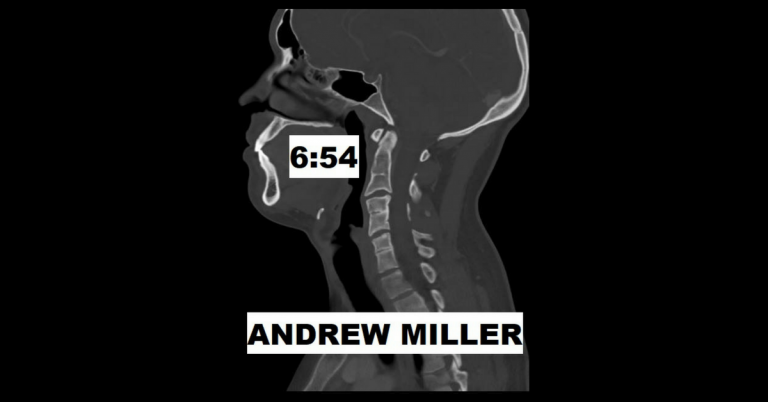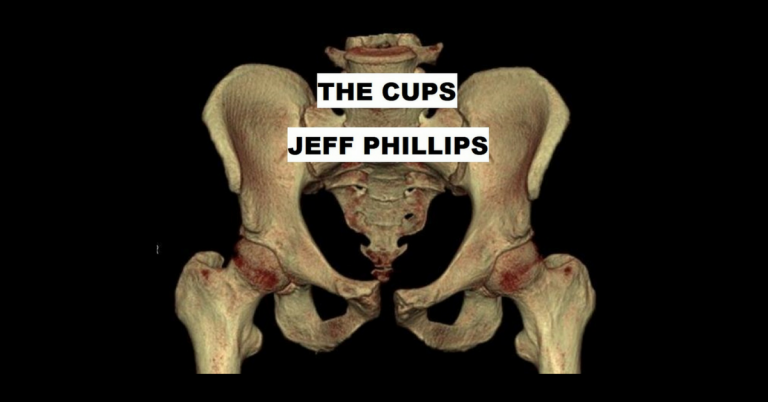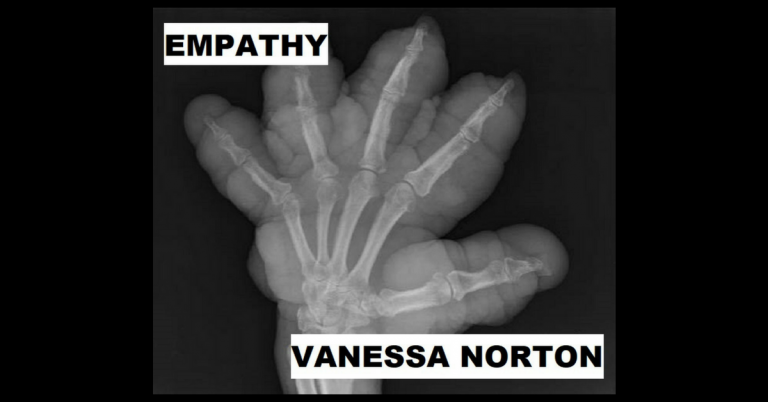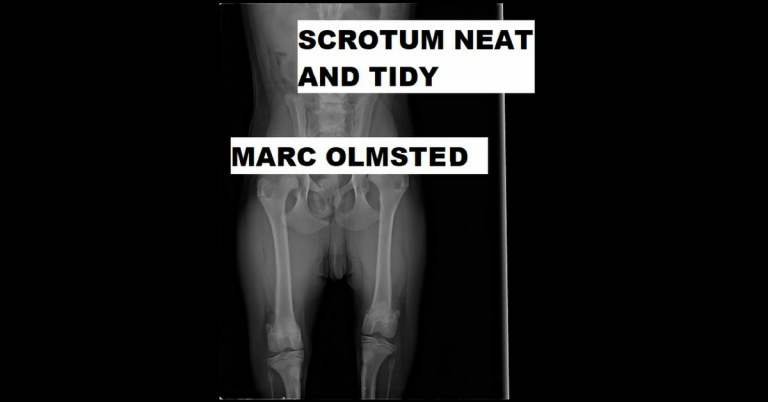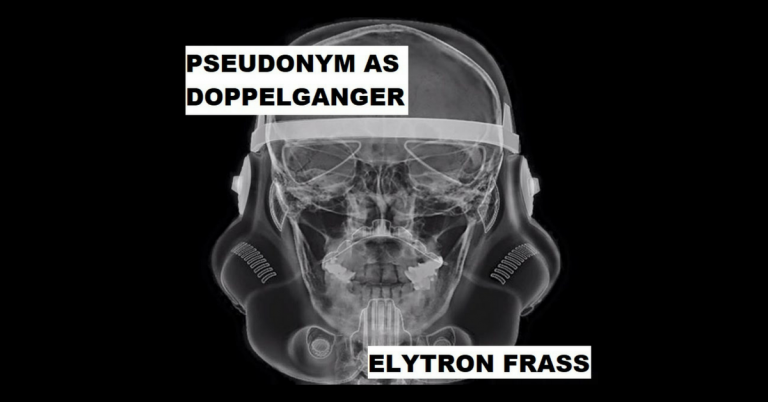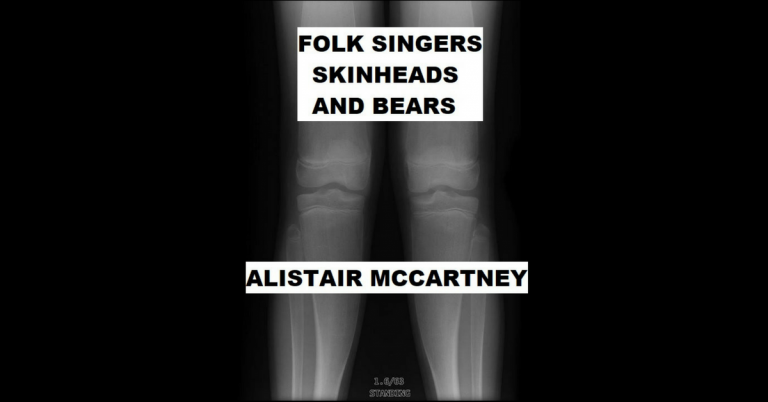JORDAN
To imagine what Jordan’s dad looked like, I pictured Jordan’s face stripped of his mother’s features. It was like clearing away layers of earth to find the remains of some unidentifiable structure. The scavenged and featureless result was the face of his invisible dad.
Jordan planned on changing his last name when he got married. The disembodied and scarred face of his father heard about it and showed up in Jordan’s dream the night before the wedding. “The name was fine for twenty-something years,” he said, “and now what, it’s not?”
“I learned how to wear your name,” Jordan said, “I wore it kind of hanging off my shoulders so that my neck wouldn’t be constantly sore. But Lindsay doesn’t deserve it, look at her, it would destroy her.”
“You’re right,” said the disfigured tiki mask that was Jordan’s dream father. “Let her keep her own name.”
“I can’t do that. She asked me for a name. I’ve got to give her something to make sure she’ll never run away.”
“Do you know how hard it is to love a baby all of the time?” The face asked.
Jordan woke up, got married, and they took his mother’s name. It was a good name and the right decision; his dad’s name was cursed. That’s what he told Lindsay when she asked, it’s what he told his mother, and it’s what he told me. The name was cursed, and the wedding was the perfect time to get rid of it.
He and Lindsay had a little boy of their own a year later. That little boy began asking for a name. They gave him the pure and unspoiled name they’d taken at their wedding. Jordan couldn’t help but tremble as he gave it to the boy. He trembled because he knew that if he’d given the child his father’s name instead, the curse would have turned him invisible and buried him beneath countless layers of earth.
#
LOGAN
I never met Logan’s dad, but I saw a picture of him. He’d been sick for a long time, and everyone knew he’d be dead soon. In the picture he was wearing a hat with military pins. He was young and handsome and looked the way all dads should look before they become fathers.
His dying didn’t make me worry for my own father, it just made me sad for Logan. He was quiet through it all, and that made it so much worse. I wished he would cry, and yell, and refuse to go to the funeral. I would support him. We’d run away into the woods behind his house. We’d bring the picture of his dad and tape it to a wall of a cabin. We would talk like his dad was still sick, and by that I mean we wouldn’t talk about him at all. We would ignore the picture. His perpetual sickness would afford us the silence Logan wanted. We would keep death close at hand, but never at our door. And we would be happy like that. We would ride snowboards in the winter, break branches off of trees in the summer, and listen to Blink-182.
My dad was healthy, but I’d tape a picture of him to the wall anyway and pretend he was sick as well. We’d teach each other to shave with BIC razors and be dads for one another. Two thirteen year old dad-boys living in the woods, that’s what I wanted for Logan. But instead he got a viewing, and a funeral, and all the sympathies he never asked for.
#
AARON
I don’t know exactly why I think Aaron's dad was an asshole, except that Aaron never talked about him, and Aaron’s mom seemed sad. His mom was the only mom I knew who wasn’t a Christian, but she was so sweet you’d never have guessed it. She kept alpacas in their backyard and made scarves out of their fleece.
Aaron changed his last name, but he didn’t wait until he got married. He did it as soon as he went off to college and stopped believing in God. God was trying to talk him into keeping the name, saying to him, “Aaron, come on, everything happens for a reason,” and, “Aaron, buddy, we need to forgive.”
Aaron told God that it seemed unfair, and he didn’t want the name anymore. He wanted his mom’s name, because she was sweet, even if she didn’t love God (which really, he reiterated, made the sweetness all the more genuine).
“Think of it this way,” God replied, “sins are like buildings, some are big (i.e. your father’s) and some are tiny (i.e. your mother’s). But Me, I’m in heaven, and in heaven, looking down, all I see is the tops of the buildings, I don’t know which ones are tall or short, I just know everyone’s got one.”
Aaron didn’t saying anything back to God, in fact he quit talking to him altogether. Before God goes to bed at night, and before He eats a meal, he still sometimes talks to Aaron, hoping to make a difference, hoping to get a response.
#
DEV
Dev’s dad is going to lose his foot. The doctor’s gave him special shoes and said, “If you don’t wear these shoes, you’re going to lose your foot; we’ll cut it off.” He calls Dev sometimes to ask for help moving furniture (on account of his foot hurts).
“Are you wearing the shoe?” Dev asks.
“Every once in a while, but it’s pretty uncomfortable.”
So he’s going to lose the foot. Dev thinks he wants to lose the foot. Not that he wants it gone, but it would give him an excuse to move less, to stay in his chair and watch television.
He calls Dev on Dev’s birthday while he and I are walking around Meijer with my daughter. He tells Dev the usual stories—stories from a childhood that Dev doesn’t remember. The stories are from before he and Dev’s mom got a divorce. Dev looks at me like, I’m sorry, and like, This will only be a minute. My daughter is looking at the fish in the Meijer fish tank, pointing to a dead one and making noises like she’s pretending to snore.
I only know about one of Dev’s birthdays (aside from the one he spent shopping at Meijer with me and my daughter). It was the only time he had a real birthday party. Somebody bought him a VHS video tutorial for Tech Deck skateboards—the miniature skateboards you control with your fingers. After opening the gifts, all the kids went outside to play, but Dev stayed inside by himself and practiced Tech Deck maneuvers. Tech Decks are great for kids like Dev who want to stay inside, but they’re also great for people who only have one foot and are still interested in skateboarding.
My daughter waved goodbye to the dead fish and blew it a kiss. Then she ran to Dev and let him hold her while he forgot (again) the stories he could never remember.
I imagined Dev without a foot, standing in the aisle with a nub at the end of his leg. It was frightening. I knew my fear was insensitive, and I hated that I was frightened of it. Stop staring, I thought, it’s impolite. How would he get around though? How would he ever leave this town with only one foot? I’ll go with him, I thought, and he can set his hand on my shoulder while we walk past the county line and on toward wherever. But no, I can’t go. I have a daughter, and she loves the fish here, in Meijer. Remembering her, I got nervous, because he was still holding her, hobbling down the cereal aisle, and what if he fell over?
#
STEPHEN
When my dad was in college he drank too much. His apartment was filled with empty bottles, and his stairwell was filled with drunks passed out and strewn along the walls. He drank and drank but always remained thirsty, and his friends said, “Drink more, we highly recommend it.”
One day, after drinking his normal excessive amount, he got into the driver’s seat of a car. The car, too, was filled with empty bottles. He knew he shouldn’t, but he began driving down the interstate, doing his best to keep the car between the appropriate lines. Blue lights flashed, and he saw a State Police in his rearview mirror. He pulled the car over and waited for the end of his life.
He wanted to think, It’s been a good life, but he couldn’t. It’s been a life full of empty bottles and drunk bodies, he thought. It’s been a life half-lived, and I still have never fallen in love. The State Police was knocking on his window. The aroma from all of the bottles and from the beer soaked into the fabric of the cushions drifted out the open window and crawled into the nostrils of the man come to end his life.
“You were swerving a little back there.”
“I know. It’s because my life has only been half-lived, and I’m only half a man.”
“I see. I don’t think I can write you a ticket for that.”
“No, you can’t. It’s not against the law to live a half-life. I wish it was. I wish you could write me a ticket, and I could take it to the courthouse and pay it, and my half-life would be remedied. I’d finally get rid of all of these bottles, and I’d fall in love, have a child, name him after me.”
“I’m going to let you off with a warning this time. But, on a personal note, I’m worried about you.”
Just like that, the man who had the power to end my dad’s life returned to his car and drove away. It was this strange act of mercy that carried my dad home that night, and laid him in his bed, and woke him in the morning. It was this strange act of mercy that recycled all his bottles and woke all of his drunk friends, hugging them goodbye. It was this strange act of mercy that pulled him from New Jersey to Indiana and arranged a date with my mother’s sister and then later with my mother. And it was this strange act of mercy that whispered in his ear, “A half-life can be a whole-life if you need it to be.”
